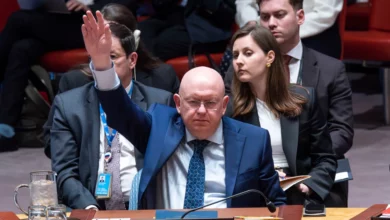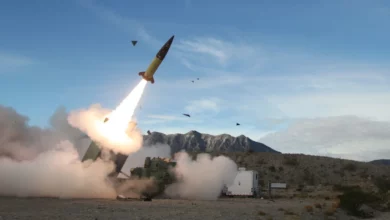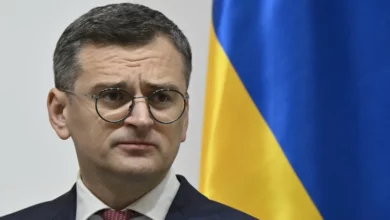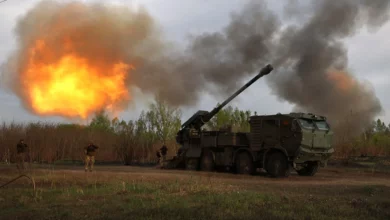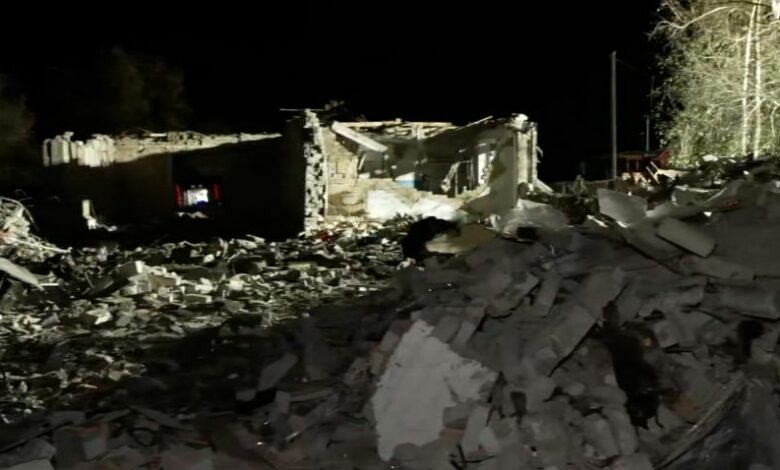
Moscow’s forces targeted a cafe and a shop in Hroza, near the eastern Ukrainian city of Kupiansk in the Kharkiv region, with what Ukrainian officials say was a powerful Iskander ballistic missile, killing at least 52 people, including a 6-year-old boy.
Scenes emerged of emergency workers wading through dense rubble in the aftermath of the strike – a scale of devastation not seen since a Russian attack on a railway station in Kramatorsk in early 2022 killed more than 60 people.
The death toll in such a small community of 330 people means one in every six residents were killed.
“All the people are local residents, all the people are civilians. Not a single military object, not a single military vehicle. All the dead and wounded people are civilians,” Sergey Bolvinov, the chief investigator with Kharkiv’s regional police, told CNN in Hroza.
Investigators and forensic teams worked through the night sifting through the rubble and trying to count and identify the bodies, many of which were in bad condition due to the force of the blast, according to a CNN team at the scene.
A local man whose wife died in the strike could be seen crouching over her body, too shaken to speak and unable to leave her side. He later helped emergency services lift her body onto a truck to be taken away.
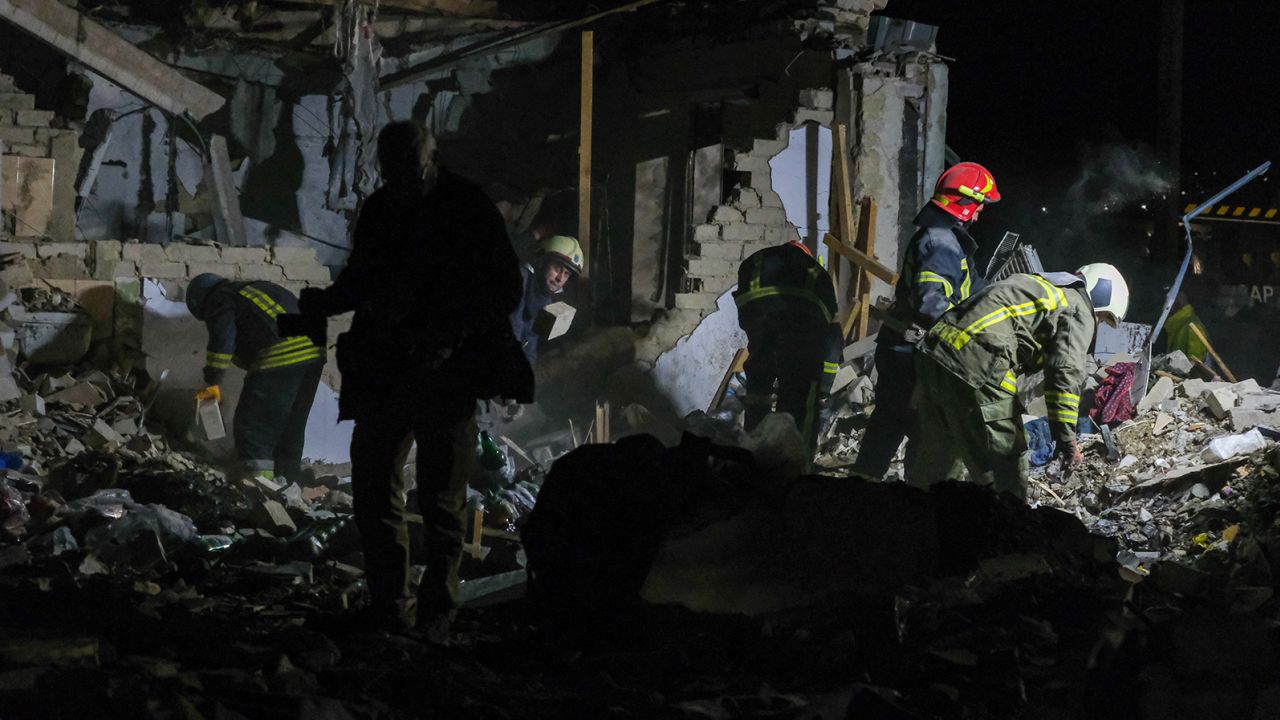
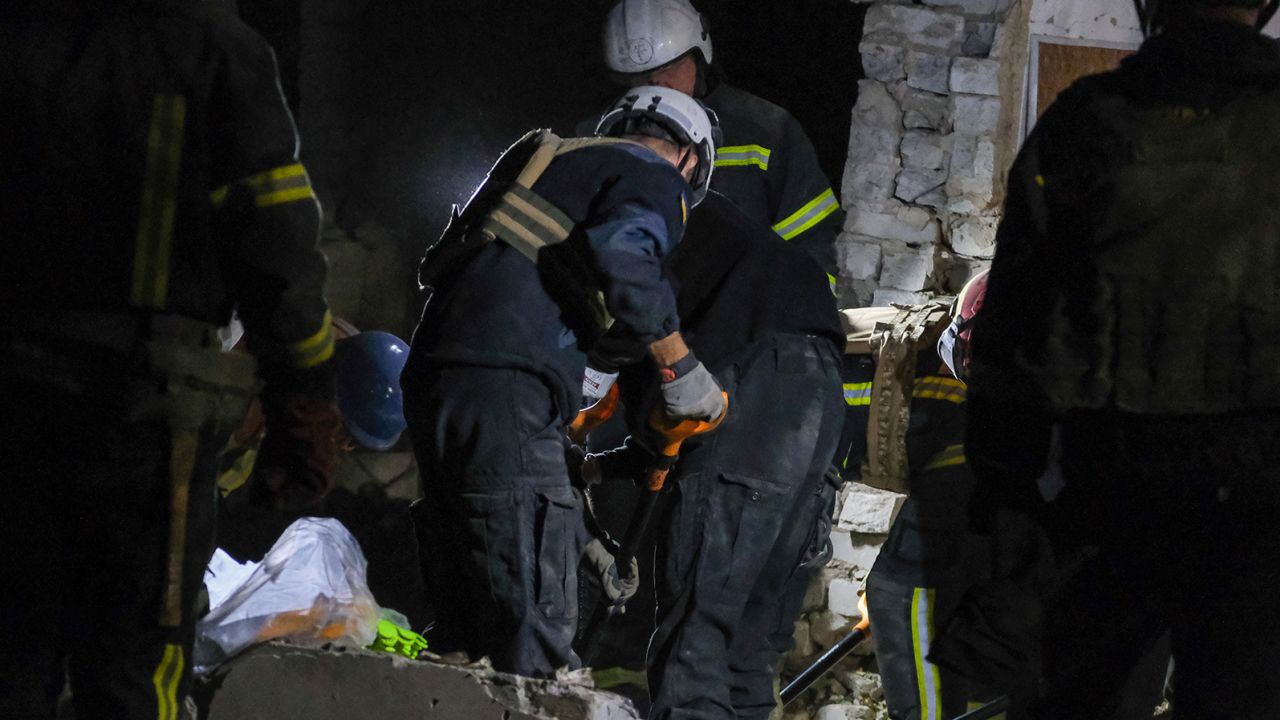
Bolvinov said the bodies of 35 victims have been identified so far.
“I am convinced that in the future this will give us a basis to collect all the evidence and bring the guilty Russian military to justice,” he said, adding that the attack was being investigated as a “violation of the laws and customs of war.”
The number of injured remained at six, Oleh Syniehubov, the head of Kharkiv region’s military administration, said Friday in a post on Telegram.
On Friday, fresh Russian strikes on the city of Kharkiv killed one child, whose body was found under the rubble of a residential building, according to the city’s mayor Ihor Terekhov, who added that the strikes had been “aimed exclusively at the civilian infrastructure.”
Ukrainian officials believe the attack involved two Iskander ballistic missiles, the same kind used in the Hroza strike.
In a post on Telegram, Terekhov said that a three-story residential building was destroyed in Kharkiv and two apartment buildings were damaged but that two people had been rescued by emergency services.
At least 16 people were injured, including an 11-month-old baby, said Syniehubov. The child who died was 10 years old, he said.
Dozens of residents had gathered Thursday at the cafe in Hroza to mourn the death of a local Ukrainian soldier when the missile ripped through the building, completely destroying it, Ukrainian officials said.
The soldier had previously been buried in the city of Dnipro, but his relatives wanted him to be reburied in the village where he was originally from, Dmytro Chubenko, spokesperson for the Kharkiv Regional Prosecutor’s Office, told Ukrainian media outlet RBC. The blast killed several members of the soldier’s family including his son, Chubenko said.
Ukrainian officials said Hroza was hit by an Iskander missile – a ballistic missile with a relatively short range, that depending on configuration carries a warhead of between 500 and 700 kilograms.
“Iskander is definitely a big missile, said Bolvinov. “The building is completely destroyed. People were in the same room at that time… there was chaos.”
Following the attack, Ukrainian President Volodymyr Zelensky reiterated his call for more air defenses from allies, saying it is “impossible to protect people” without more support, especially ahead of anticipated winter bombardments.
“There are no words or documents that can stop such evil. But there is air defense. There is artillery. There are our missiles. We have armored vehicles. There are our powerful servicemen, who repel Russian assaults,” Zelensky said.
“Russian terror must fail. And the world has what it takes to ensure this,” he added. “The main thing is unity. The main thing is to believe in freedom and protect life.”
During meetings with Spanish Prime Minister Pedro Sánchez and German Chancellor Olaf Scholz in Granada, Spain, Zelensky said he is focused on Ukraine’s need for air defense and believes a lot of progress has been made for the support needed.
He said Ukraine will receive six Hawk systems from Spain and that Germany will work to provide Kyiv with another Patriot system, calling it “the only system that can withstand such threats and such massacres.”
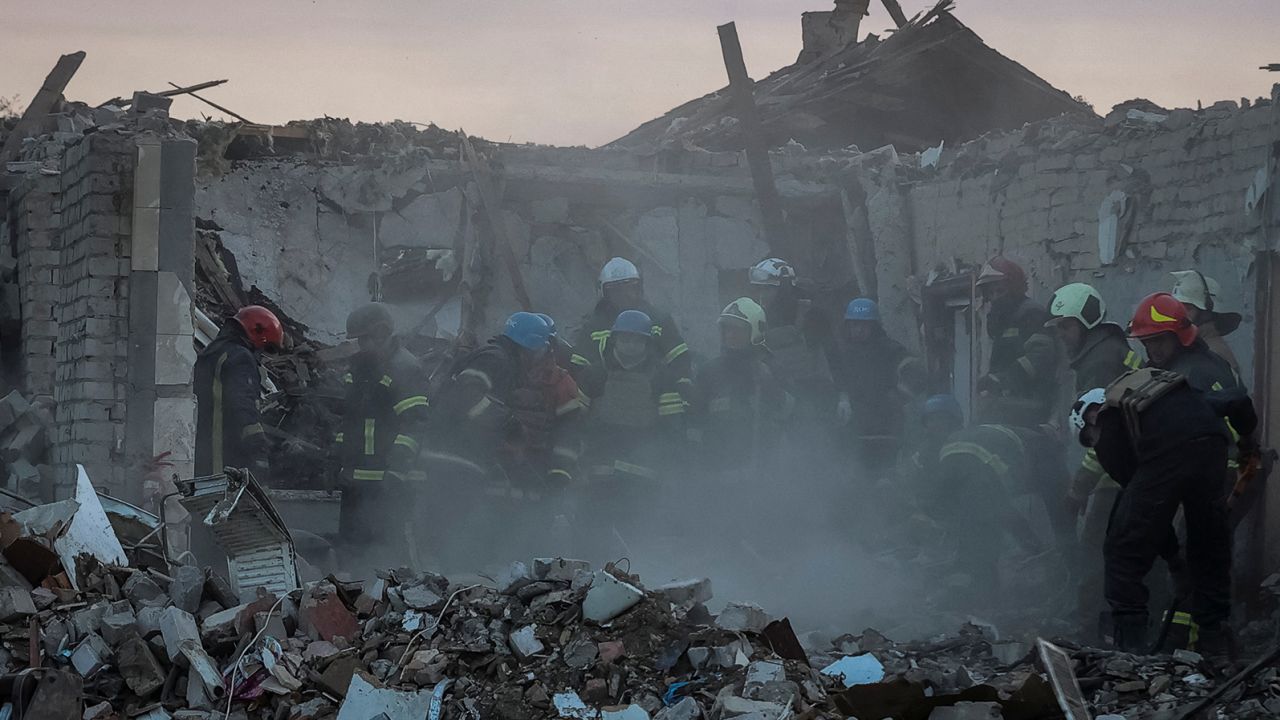
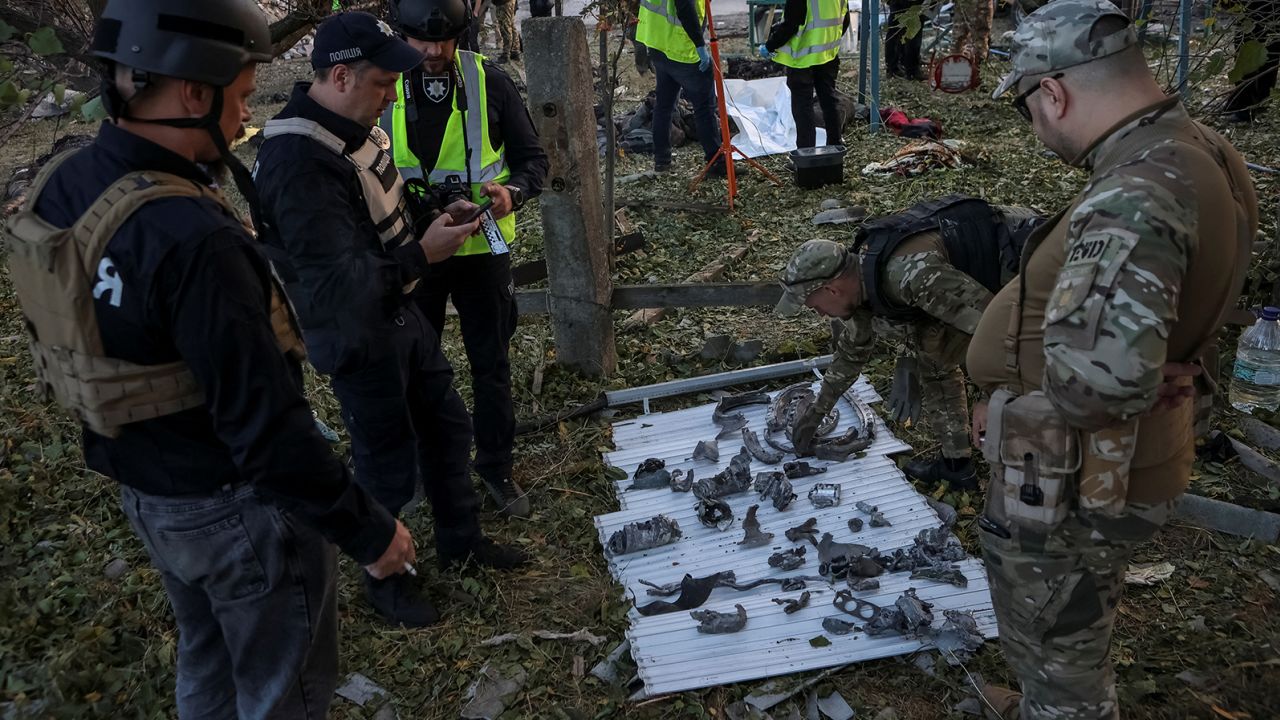
The White House, meanwhile, pointed to the attack as another example of why Congress needs to approve more US aid for Ukraine.
“Can you imagine just walking to the grocery store with your kids trying to figure out what is it that you’re going to make for dinner and you see an explosion happen? Where bodies are everywhere? And it’s horrifying,” said White House press secretary Karine Jean-Pierre, before calling on Congress to act on additional funding.
Her comments come amid political upheaval in Congress, the lawmaking branch of government, and drained ammunition stocks among NATO countries, which threaten the flow of military aid to Kyiv.
Hroza is located about 40 kilometers (25 miles) from the front lines of the war near Kupiansk, the city in Kharkiv that Russian forces seized early on in the war before it was liberated by the Ukrainians a year ago.
The Ukrainian military has since been trying to resist advances from Moscow. For Kyiv, the city is strategically important to prevent Russia from accessing the nearby Oskil River – where it is much easier to cross than further south.
CNN’s Maria Kostenko, Tim Lister, Sana Noor Haq and Nikki Carvajal contributed reporting.

